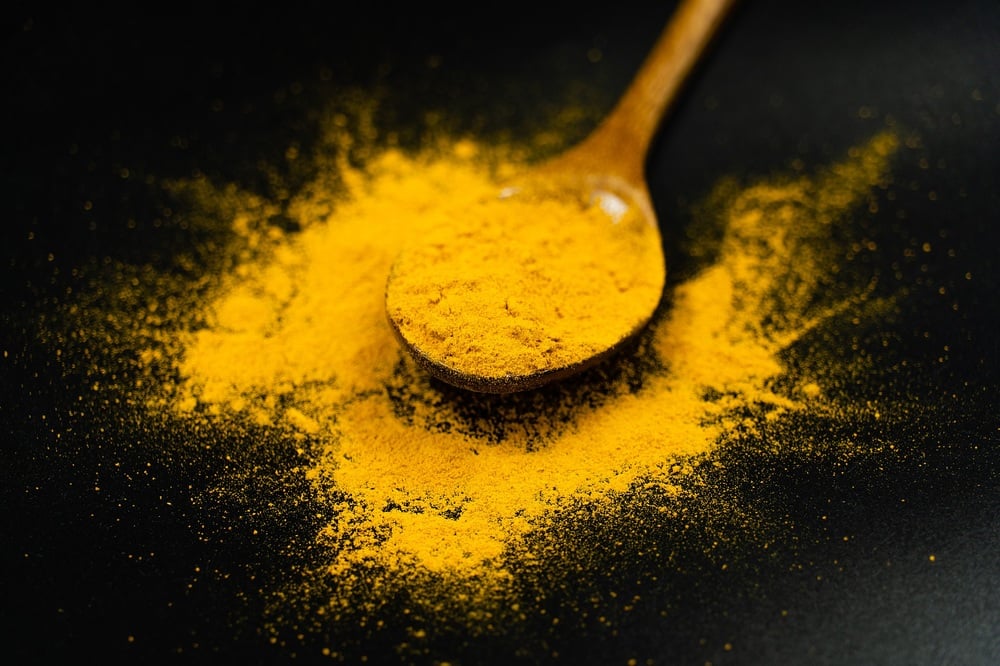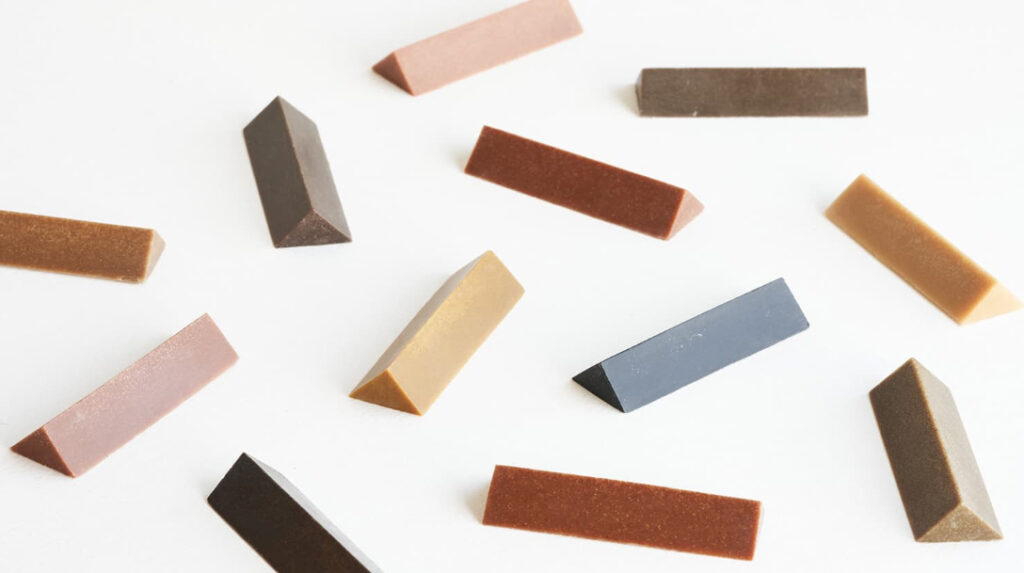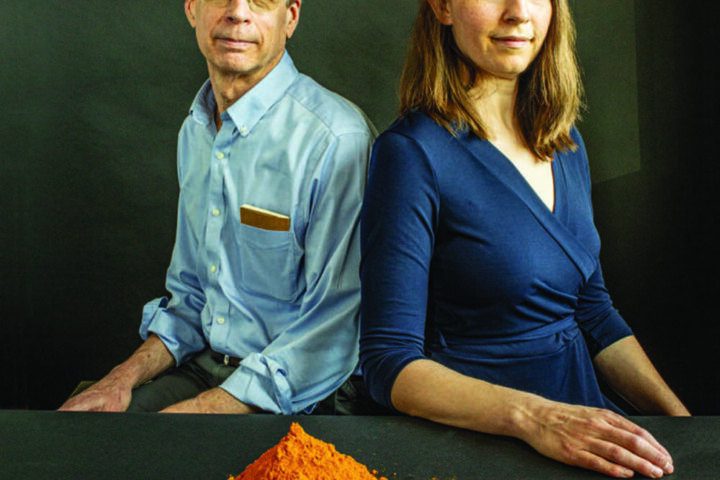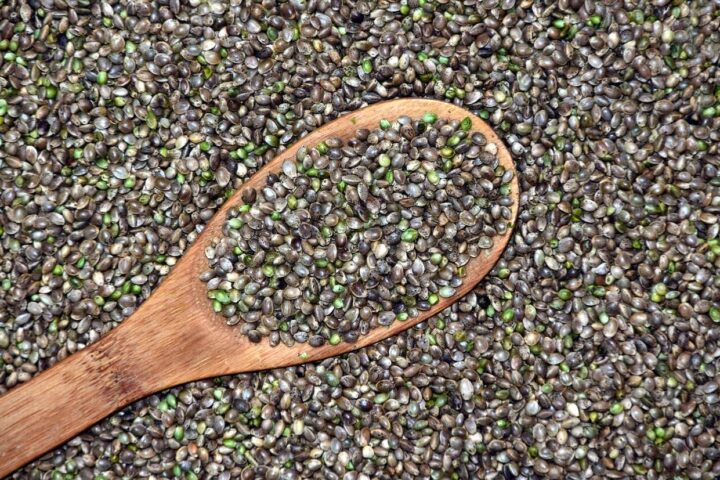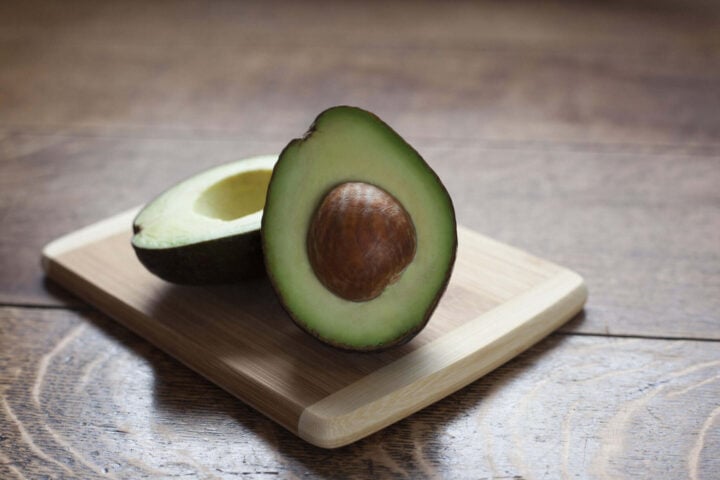In recent years, turmeric has become a staple in many kitchens and medicine cabinets worldwide. This bright yellow spice, derived from the Curcuma longa plant, has been used for centuries in traditional medicine practices. But what’s behind its popularity? Let’s dive into the science-backed benefits of turmeric and its active compound, curcumin.
What Are Turmeric and Curcumin?
Turmeric is a spice from the underground stems (rhizomes) of the Curcuma longa plant, part of the ginger family. It’s been used for centuries in cooking and traditional medicine, particularly in India and other parts of Asia.
Curcumin is the main ingredient in turmeric, responsible for its vibrant yellow color and many health benefits. However, it’s important to note that turmeric contains only about 3% curcumin by weight.
Key Health Benefits of Turmeric and Curcumin
- Anti-Inflammatory Powerhouse
One of the most well-known benefits of curcumin is its potent anti-inflammatory effect. Chronic inflammation is linked to numerous health issues, including heart disease, cancer, and neurodegenerative conditions.
A study by Dr. An-Hsun Chou, a researcher at Chang Gung University, and his team explains: “Inhibiting the activation of NF-kB has been associated with anti-inflammatory effects. A study observed that an NF-kB inhibitor suppressed the expression of COX-2, TNF-α, and IL-6 induced by cutaneous anaphylaxis, underscoring its role in mitigating inflammation.” This makes it potentially helpful in managing conditions like arthritis and other inflammatory diseases.”
- Antioxidant Properties
Oxidative stress, caused by an imbalance between free radicals and antioxidants in the body, is a critical factor in ageing and many diseases. Curcumin is a powerful antioxidant, neutralizing free radicals and boosting the body’s antioxidant enzymes.
A 2020 study published in the journal Antioxidants found that “curcumin exhibits strong antioxidant activity, which may contribute to its potential in preventing and treating various oxidative stress-related diseases.”
- Brain Health and Neuroprotection
Research suggests that curcumin may benefit brain health in several ways. It can increase brain-derived neurotrophic factor (BDNF) levels, a protein crucial for brain function and the formation of new neurons.
A study by Dr. Helena Tiekou Lorinczova, a researcher at the University of Westminster, and team states:
“Brain-derived neurotrophic factor (BDNF) is key for the maintenance of normal neuronal function and energy homeostasis and has been suggested to improve cognitive function, including learning and memory. Iron and the antioxidant curcumin have been shown to influence BDNF homeostasis.” This might be beneficial for conditions like depression and Alzheimer’s disease. By increasing BDNF, curcumin may help delay or even reverse some brain diseases and age-related decreases in brain function.
- Heart Health Support
Cardiovascular disease remains a leading cause of death worldwide. Curcumin may help improve several risk factors for heart disease.
A study published in the Journal of Cardiovascular Pharmacology found that curcumin can improve endothelial function – the health of the lining of blood vessels. This is crucial for regulating blood pressure and preventing blood clots.
- Potential Cancer-Fighting Properties
While more research is needed, early studies suggest curcumin may have anti-cancer effects. It appears to influence several molecular pathways in cancer development, growth and spread.
A review in the journal Molecules notes: “Curcumin has shown promise in inhibiting the growth of various types of cancer cells in laboratory studies. It may also help reduce the spread of cancer and contribute to the death of cancerous cells.”
- Joint Health and Arthritis Management
The anti-inflammatory properties of curcumin make it beneficial for people with arthritis. A Journal of Medicinal Food study found that curcumin was more effective than a common anti-inflammatory drug in reducing joint inflammation in people with rheumatoid arthritis.
- Skin Health Support
Turmeric’s antimicrobial and anti-inflammatory properties are a potential ally for skin health. It’s being studied for its effects on conditions like psoriasis, eczema, and acne.
“Curcumin works by inhibiting the activity of enzymes and molecules that cause inflammation. Turmeric’s anti-inflammatory properties can help prevent the breakdown of collagen and elastin in the skin, which are responsible for keeping the skin firm and elastic. Its antioxidant properties also protect the skin from damage caused by free radicals and UV radiation,” explains, Dr. Fedotova, a dermatologist.
Similar Posts
Challenges and Future Directions
While the potential benefits of turmeric and curcumin are exciting, there are some challenges to consider:
Bioavailability: Curcumin is poorly absorbed by the body when taken orally. Dr. Michael Brown, a pharmacologist, notes: “The low bioavailability of curcumin is a significant hurdle. We’re exploring various methods to improve its absorption, including combining it with black pepper (which contains piperine) and developing new delivery systems like nanoparticles.”
Need for More Human Studies: Many studies on curcumin have been conducted in test tubes or on animals. More large-scale human trials are needed to confirm its effects and determine optimal dosages.
Quality Control: As with many supplements, the quality and purity of turmeric products can vary. It’s essential to choose products from reputable sources.
How to Incorporate Turmeric into Your Diet
You can easily add turmeric to your diet in several ways:
- Use it as a spice in cooking, particularly in curries and other savoury dishes.
- Make “golden milk” by mixing turmeric with warm milk and other spices.
- Add it to smoothies or juices.
- Take curcumin supplements (after consulting with a healthcare provider).
Remember, when using turmeric for its curcumin content, combining it with black pepper is often recommended to improve absorption.
Conclusion
Turmeric and its active compound, curcumin, offer many potential health benefits, from reducing inflammation to supporting brain and heart health. While more research is needed to fully understand its effects and optimal use, this golden spice has undoubtedly earned its place in the spotlight of natural health remedies.
As with any supplement or significant dietary change, it’s always best to consult a healthcare provider before adding turmeric or curcumin supplements to your routine, especially if you have existing health conditions or are taking medications.
